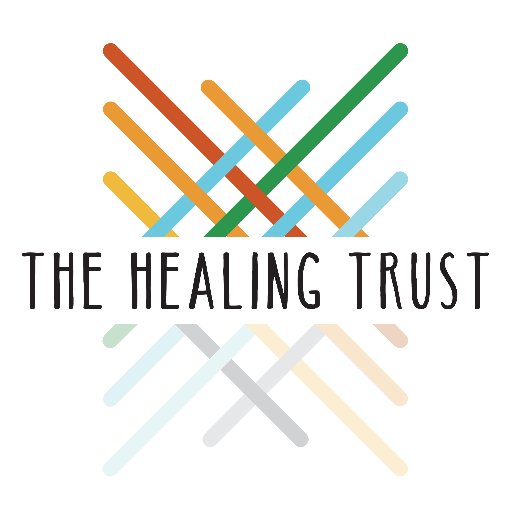Baptist Healing Trust, Nashville, TN
With a focus on extending compassionate health care to vulnerable populations in Tennessee, the Trust’s grantees were running into policy roadblocks at every turn. Progress was only going to be made with system change at the state level, and the grantees needed the Trust’s help.
As the board members grappled with what their path forward should be, they reached out to other foundations that were investing in advocacy as a strategy for greater impact. They learned from their peers that many characterized their foundation’s investments in advocacy as the most important work that they do to further their foundation’s mission.
These insights and perspectives bolstered the resolve of the Trust’s board, and led to an intentional, purposeful journey that ultimately resulted in the Trust adding strategic advocacy to its core mission statement and devoting a third of the Trust’s portfolio to supporting advocacy.

But the board’s work had just begun.
The members needed to be educated about what it meant to invest in advocacy. Where could they have the greatest impact? What would they reorient themselves to the long timelines and frustratingly indirect paths to big wins that often characterize advocacy efforts?
The Trust were fortunate to have several board members who had tremendous experience in grassroots organizing and policy work, who were able to share stories that helped paint a picture of what it means to be a strong foundation partner in advocacy, and what was possible when that happened.
Ultimately, the board and Trust decided to not invest in direct board and staff engagement in advocacy, but rather to help build their nonprofit partners’ capacity to engage in advocacy and system change. This meant providing some grantees with unrestricted funding, technical assistance, and investment in building their advocacy capacity. The Trust listened to their grantees and was able to provide the support that was needed, when it was needed.
“We are in our state to help those who are most vulnerable experience healing and wholeness. And without advocacy, without standing up for them and their voice, then we in essence have handcuffed our own voice, and we are not being faithful to our own mission.” - Cathy Self, President and CEO, Baptist Healing Trust.
The foundation didn’t have to wait long to see the impact of its investments in advocacy.
Its support of the Tennessee Association of Alcohol, Drug and Other Addiction Services helped that organization reframe what had been a hotly debated issue into a bipartisan agreement that increased access to treatment for women who are addicted and pregnant and became a state priority.
It was a huge win for the foundation’s mission, and proof positive that investments in advocacy can lead to the potential for real and lasting change.
Learn how other nonprofits used advocacy to increase their organizations’ impact and advance their missions.
